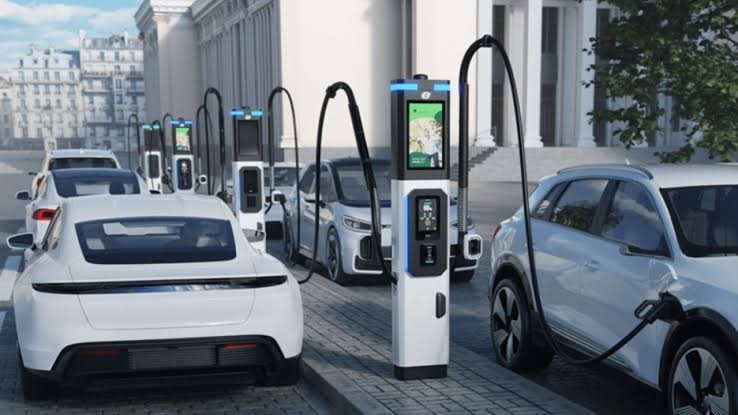Moscow: PonteSud – News Desk
Researchers at Tomsk Polytechnic University (TPU), together with colleagues from Novosibirsk, have developed a digital model that allows real-time assessment and adjustment of battery operating conditions in electric buses.
This innovation can significantly increase battery life by accurately accounting for thermal and electrical processes. This is reported by the official website of the Russian Ministry of Education.
The model was created as a result of comprehensive research, including field tests of transport, collection of operational data and mathematical modelling of battery degradation processes. Key parameters were taken into account: charge level, temperature fluctuations, number of passengers and speed of movement.
“Our model combines physical and chemical modelling, statistics and neural network approaches. It adapts to specific routes, taking into account climate and charging modes, which allows us to optimise battery performance in real time,” explained project leader Nikita Martushev, associate professor at the TPU School of Information Technology and Robotics.
Field tests were conducted on urban and suburban routes, during which dozens of parameters were recorded, from charge level and temperature to engine torque.
Based on the data obtained, the scientists built a mathematical model of the traction system that allows them to assess the impact of temperature and electrical modes on battery wear.
The results showed that a 15°C increase in temperature reduces battery life by 30%, and operation at 43°C reduces it by almost half. Accelerated charging or discharging twice as fast as normal reduces the battery life by 30%, and four times faster reduces it by 47%.
The study also identified the optimal operating conditions: a charge level of 25% to 65% and a temperature range of 20–30°C. Additional charging stations along the route allow battery heating to be controlled and significantly slow down their wear and tear.







